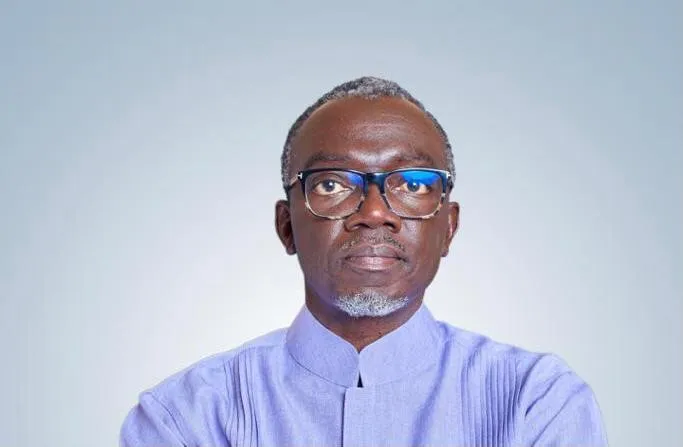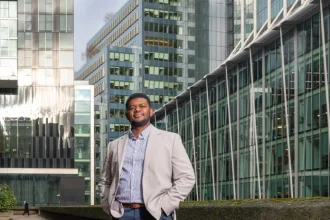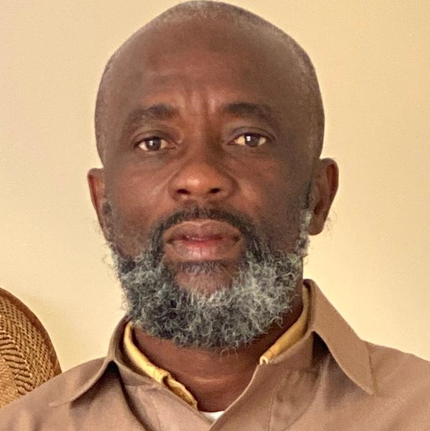It isn’t a farfetched ambition to make Ghana the most prosperous economy in Africa and the most equitable society in the world. We lead the continent, not just in entrepreneurial initiatives and services of all kinds; but in technology, academia, arts and culture. Accra is already by some measures the most booming business-friendly city in Africa.
But, clearly, we’re still far behind our target of a modern developed Republic. The hour has struck for us to level up and leap forward.
Of course, there is a need for modern infrastructure, from mega business hubs, roads to hospitals. And the government has a duty to provide households with an opportunity to purchase homes and start-up enterprises.
But we all know from our own socioeconomic realities that there is one great precondition–one integral factor that determines whether you will have the requisite skills and the sheer confidence to maximise your talents–and that is obtaining quality tertiary education.
It is still a sad reality that if you are from a poor family, or raised in one of the deprived constituencies of Ghana, you are far less likely to receive quality tertiary education. And that means you will be less likely to get employed at one of the lavish, high-paying metropolitan firms. Even worse, this will stifle your opportunities as an entrepreneur.
This general lack of educational opportunity isn’t just a failure on the part of government to build a better society; it is also the major cause of economic underperformance in Ghana. But on the brighter side, this makes it the single biggest opportunity to alter the narrative of our future and boost the growth of per capita GDP.
The first obvious step is to improve salaries and incentives for teachers and academics – the most vital profession of our ecosystem. This will motivate and rightfully mount huge expectations from centres of scholarship to produce more success stories. They are directly responsible for the enhancement of our human capital.
Quite frankly, I do not see why we need to hire other nationals to take up the many lucrative jobs created by our economic growth, largely because we have failed to improve tertiary education.
Our investment strategy for tertiary education must prioritise per-pupil funding and focus on academic courses that would be essential to our economy. We also need to increase contact hours between educationists and students–both inside and outside of the classroom.
Ghana’s ecosystem of innovation — that spans from universities and academia to venture capital and enterprise — is centred on tertiary education.
I agree, there’d be more driven citizens that succeed without education; there are many success stories that attest to this. But the youth have better prospects of a rewarding career and dignified life if they receive quality tertiary education.
















